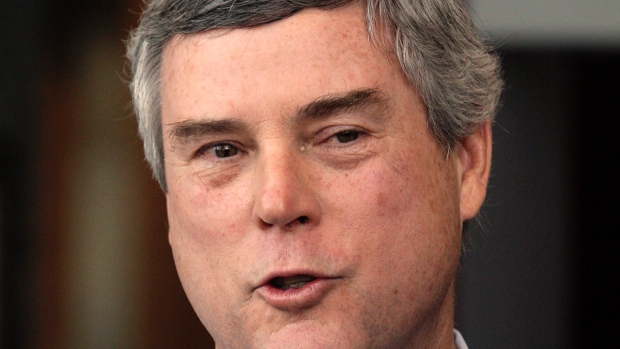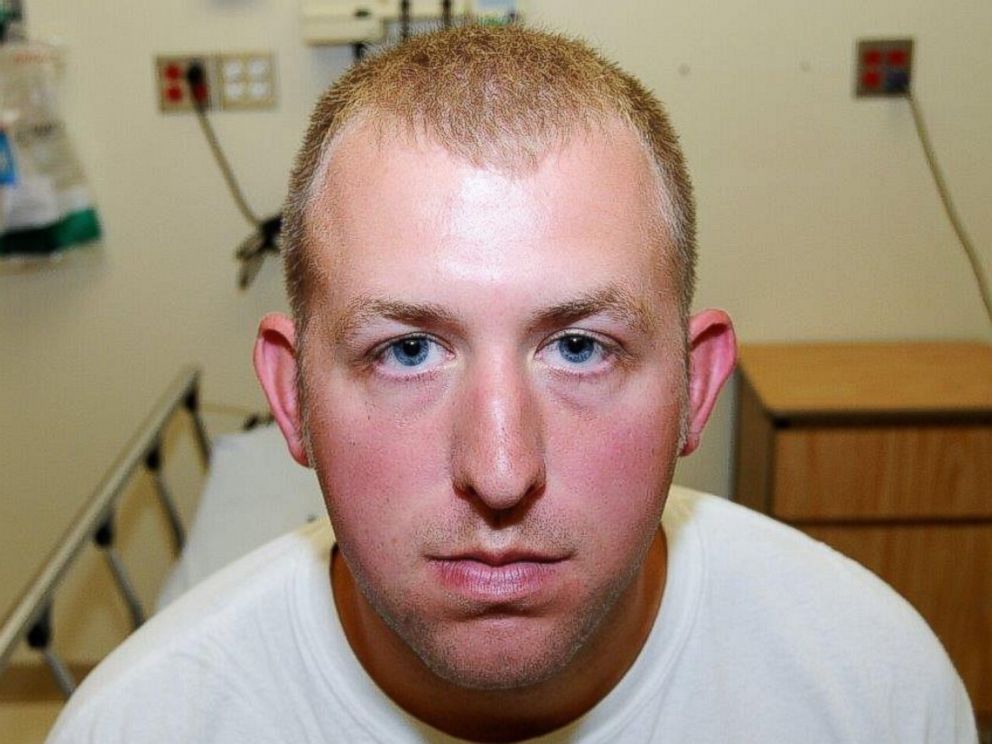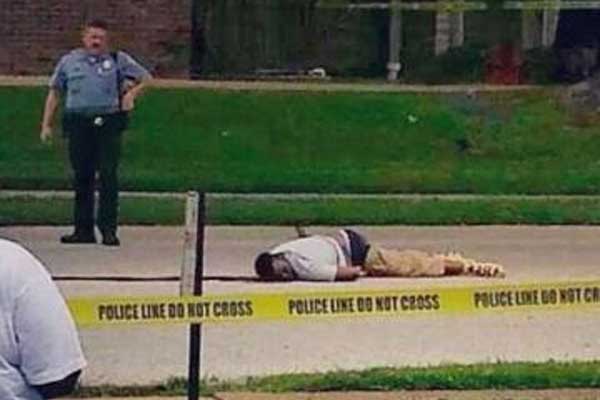The grand jury proceedings in the Michael Brown shooting case were highly unusual, to put it mildly. Prosecutors normally present their best evidence for an indictment to a grand jury, which normally returns the indictment the prosecutor wants. Though nominally independent, grand juries generally act as a rubber stamp for prosecutorial decisions.
St. Louis prosecutor Robert McCulloch (above) departed radically from precedent by presenting the Michael Brown grand jury with every single bit of evidence in the case, making no prosecutorial recommendation himself and letting the grand jury make its own judgement about it. When they failed to return an indictment against Officer Wilson, McCulloch then released to the public all the evidence the grand jury had reviewed, again a highly unusual move.
Why would McCulloch handle the case this way?
My guess is that McCulloch took a look at the evidence and decided in his own mind that it wasn’t sufficient for a successful prosecution of Wilson (above) — didn’t warrant putting Wilson through the ordeal of a trial or justify the expense of a trial to the state.
But this was problematic. McCulloch didn’t have the trust of the black community in Ferguson, was seen as biased in favor of the police, which is why many in the community had called for a special prosecutor to be appointed. McCulloch had refused to step aside. Now, if he exercised his independent judgement not to prosecute Wilson, he would be vilified by many.
So he threw it all into the lap of the grand jury, and ultimately the public, asking them on the basis of the evidence to decide if justice had been done. It probably seemed like a reasonable course to him. But it wasn’t.
If he wasn’t willing to make his own independent judgement about prosecuting Wilson, and take the heat for it personally, he should have recused himself from the case. Giving the case unusual treatment only reinforced the community’s belief that police shootings always get unusual treatment, that the standards applied to other suspected citizens don’t apply to police officers.
McCulloch tried to have it both ways. Recusing himself would have implied that he couldn’t deal with the case impartially. Isolating himself from the ultimate disposition of the case, via the grand jury, implied that he didn’t want to take responsibility for the disposition of the case.
One can feel a certain amount of sympathy for his predicament — but only up to a point. The very nature of the predicament suggests that appointing a special prosecutor was from the outset the only reasonable course. Justice must be done but justice must also be seen to be done, and the oddness of the proceedings in this case insured that this wouldn’t happen.



